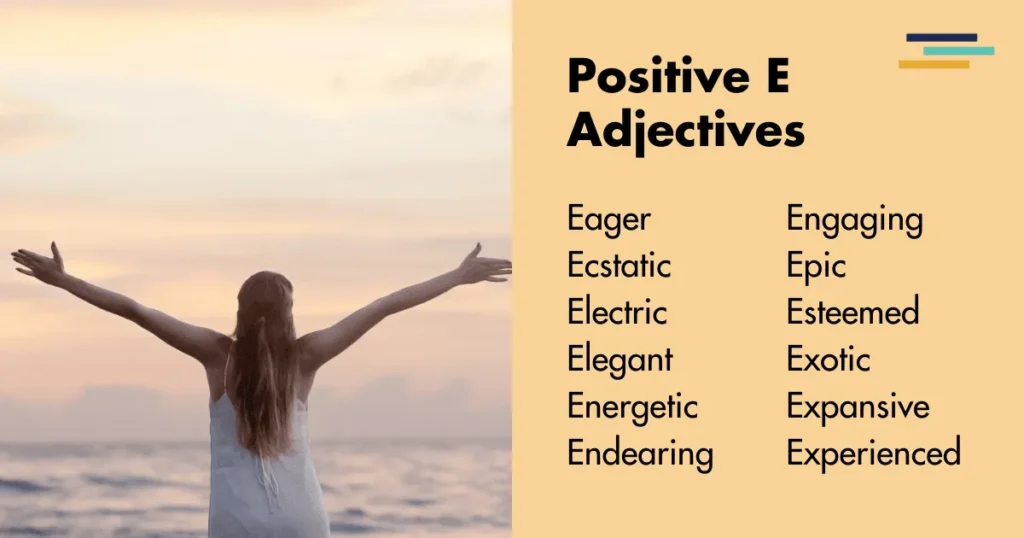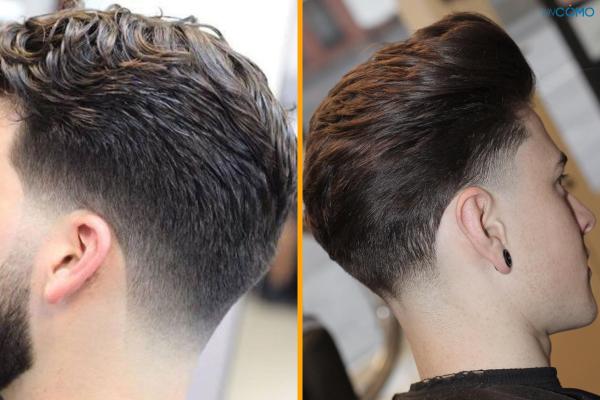Introduction to adjectives that start with a
Have you ever been at a loss for words, wishing your vocabulary could capture the exact feeling or image you want to convey? Adjectives that start with the letter “A” can elevate your conversations, essays, and even your creative writing. From describing awe-inspiring landscapes to articulating ambiguous emotions, the variety of adjectives that start with a is astonishing. Let’s dive into this vast collection of words and explore their meanings, nuances, and applications in different contexts.
Why Adjectives Starting With “A” Are So Appealing
A Foundation for Strong Communication
Adjectives are the lifeblood of descriptive language. They add color, depth, and vibrancy to the dullest of sentences. adjectives that start with a hold a unique position in the English language because they are among the first ones we learn, and they often evoke strong imagery or emotions. Think about words like “amazing,” “ambitious,” and “artistic.” Each carries a different weight and feel, allowing you to paint vivid mental pictures.

Variety for Any Context
adjectives that start with a cover a broad spectrum of uses. Whether you’re discussing a person’s personality, describing a picturesque setting, or emphasizing the quality of an object, there’s an “A” adjective for the job. For instance:
- Alluring: Perfect for describing something or someone irresistibly attractive.
- Astounding: When something leaves you in absolute awe.
- Abrasive: Ideal for capturing rough or harsh qualities.
Memorable First Impressions
Since “adjectives that start with a” is the first letter of the alphabet, adjectives beginning with it naturally stand out. Using these words strategically can ensure your writing or speech leaves a memorable impression. Starting with “A” words can create an authoritative and impactful tone.
A Detailed List of Adjectives That Start With “A”
Positive adjectives that start with a
When you want to compliment, motivate, or inspire, these positive adjectives are your go-to:
- Admirable: Inspiring respect and approval.
- Example: “Her admirable dedication to the cause was evident in her tireless work.”
- Affectionate: Showing warmth or love.
- Example: “The affectionate puppy cuddled up next to its owner.”
- Ambitious: Having a strong desire for success or achievement.
- Example: “His ambitious nature propelled him to the top of the corporate ladder.”
Negative adjectives that start with a
Sometimes, you need a word to describe less-than-ideal qualities. These adjectives fit the bill:
- Apathetic: Lacking interest or enthusiasm.
- Example: “She remained apathetic despite the exciting opportunities around her.”
- Arrogant: Displaying an inflated sense of self-worth.
- Example: “His arrogant attitude alienated his colleagues.”
- Aloof: Distant or detached in manner.
- Example: “The aloof stranger barely acknowledged anyone in the room.”
Neutral adjectives that start with a
Neutral adjectives can fit a variety of contexts without a strong positive or negative connotation:
- Abstract: Existing in thought or as an idea but not having physical form.
- Example: “The artist’s abstract painting was open to interpretation.”
- Ample: More than enough; plentiful.
- Example: “The ample supply of food ensured everyone was well-fed.”
- Angular: Having sharp corners or edges.
- Example: “The modern building had a sleek, angular design.”
- How to Use “A” Adjectives Effectively
Enhancing Creative Writing
adjectives that start with a are indispensable tools for writers. In creative writing, adjectives starting with “A” can add an atmospheric tone or establish character traits quickly. For instance:
- Austere sets a serious or somber mood.
- Agile can vividly describe a character’s physical prowess.
By integrating “A” adjectives that start with a, you can immerse readers in your world, making your writing more dynamic and engaging.
Improving Everyday Conversations
While adjectives that start with a might seem like tools for formal writing, they’re equally valuable in daily life. Instead of saying, “That’s good,” you could say, “That’s amazing!” Swapping common words with adjectives like astonishing or authentic can make you sound more articulate and confident.
Elevating Professional Communication
In professional settings, adjectives can help you convey precision and clarity. Words like astute, adaptable, and accomplished are ideal for resumes, cover letters, and workplace discussions. They highlight your capabilities without overloading sentences.
Breaking Down Adjectives by Themes
Adjectives for Describing People
- Adept: Skilled or proficient at something.
- Amicable: Friendly and agreeable.
- Assertive: Confident without being aggressive.
These words can highlight someone’s strengths or offer constructive criticism. For example, “Her assertive approach to leadership inspired confidence in her team.”
Adjectives for Describing Places
- Alluring: Mysteriously attractive or fascinating.
- Ancient: Belonging to the very distant past.
- Arid: Extremely dry.
Describing a place as “alluring” instantly conveys a sense of wonder and mystery, whereas “arid” paints a stark, barren image.
Adjectives for Describing Emotions
- Anxious: Experiencing worry or unease.
- Apprehensive: Fearful about something that might happen.
- Awestruck: Filled with awe.
Using precise emotional adjectives can deepen the connection between your writing and the reader.
Common Pitfalls to Avoid
Overusing Adjectives
While adjectives are powerful, too many can clutter your writing and dilute its impact. Instead of saying, “The ancient, alluring, and awe-inspiring castle,” focus on the most impactful descriptors.
Choosing Vague Adjectives
Words like amazing or awesome are overused and can sometimes feel hollow. Opt for more specific adjectives like astonishing or awe-inspiring to leave a stronger impression.
Forgetting Context
An adjective that works well in one scenario might feel out of place in another. For example, describing a serious topic with overly casual adjectives can undermine your message.
Building Your Vocabulary with “A” Adjectives
Daily Practice
Commit to learning one new adjective every day. Use it in sentences, and try to incorporate it into your conversations or writing.
Reading Widely
Books, articles, and even poetry can introduce you to uncommon adjectives. Pay attention to how professional writers use them effectively.

Keeping a Vocabulary Journal
Write down every new adjective you encounter. Include its definition, synonyms, and an example sentence to solidify your understanding.
Conclusion
adjectives that start with a are an invaluable asset in any writer or speaker’s arsenal. Whether you’re aiming to impress in an interview, enhance your storytelling, or simply express yourself more clearly, these adjectives can help you stand out. By expanding your vocabulary and practicing the strategic use of these words, you’ll unlock new levels of creativity and communication. So, why not start adding some “A-list” adjectives to your repertoire today?



